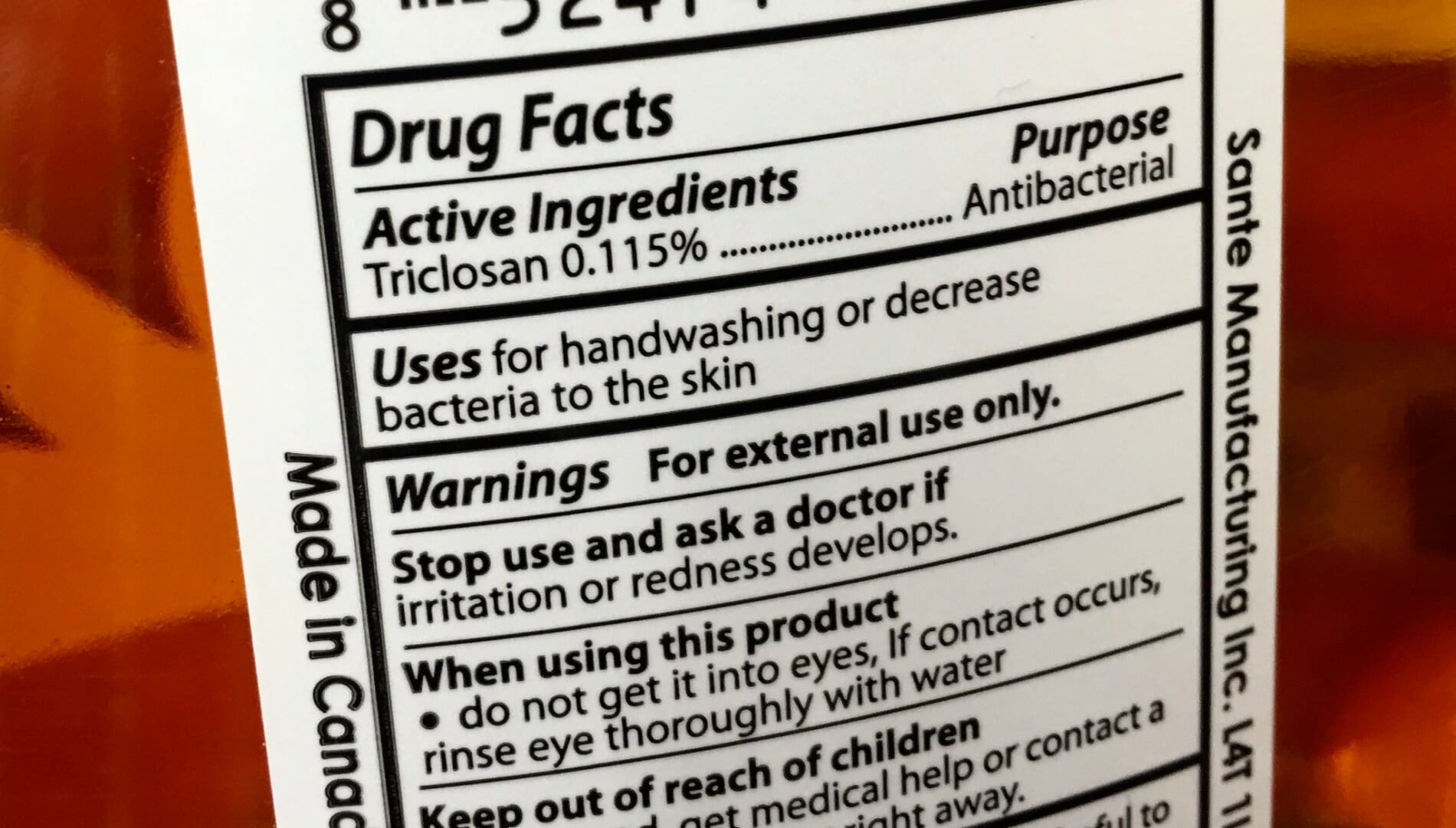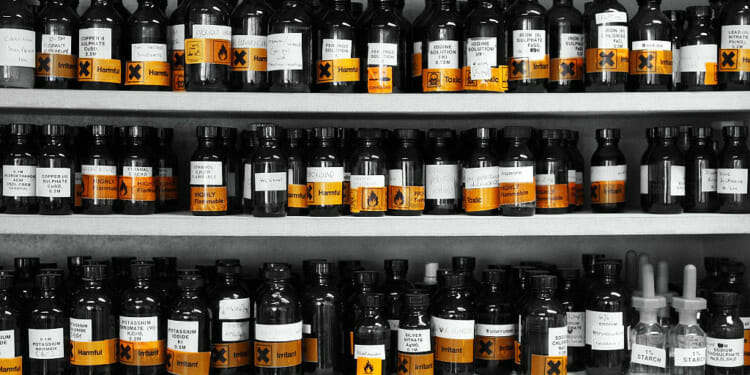Beauty products are a great way to take care of ourselves and boost our self-confidence, but it’s essential to make sure the products you’re using are not doing you more harm than good. The best way you can do this is to check what ingredients the products you are using contain and understand whether they are known to have harmful side effects. We’ve listed ten of the most commonly found ingredients in beauty products that you should stay clear of. Some, like coal tar and polyethylene glycol, are byproducts of industrial processes that are also ecologically harmful, so by avoiding them you’re also helping out the environment.
1. Parabens
Parabens are one of the most well-known ingredients to avoid. They are used to preserve lotions, make-up, and soaps that contain water, to prevent them from growing bacteria. Studies show that parabens are damaging to your health, as they can imitate several actions of hormones in the body, disrupting normal hormone functions. Parabens can be the cause, in extreme cases, of reproductive issues, sterility and even cancer. As a result, parabens, and beauty products containing ingredients with the word “paraben” in them, should be avoided.
2. Artificial Fragrance
A lot of our beauty products contain perfume or fragrance – after all, if it smells good, we’re more inclined to buy it. But in most cases, these perfumes and fragrances are artificial, and what’s in the “fragrance” is not shown in the ingredients list. As a result, even if you just see “fragrance”, the product may contain toxic substances you don’t know about if produced artificially.
3. Sodium Lauryl Sulfate and Sodium Laureth Sulfate (SLS/SLES)
SLS and SLES are powerful, inexpensive detergents and foaming agents used in shower gels and shampoos. SLS/SLES can be damaging for your health, causing sebum overproduction in hair and producing inflammatory reactions on skin. Those detergents are also capable of penetrating the skin and harming our organs in the long term, as it is very difficult to get rid of them once they are under your skin. On top of that, they are made from palm oil and are not very biodegradable.
4. Triclosan
Known for its antibacterial properties, triclosan is widely used in face cleansers and deodorant. Though it was banned in 2016 from being used in health care, it is still allowed in personal cosmetics. It is an endocrine disruptor, meaning it can disrupt certain hormones and cause irritation. It also appears to make bacteria more resistant to antibiotics, which is said to promote tumor growth. As well as being bad for your health, triclosan is also bad for the environment, harming fish and wild animals when it enters natural sources of water.

5. Phthalates
Appearing in ingredient lists as DBP, DEHP, or DEP, phthalates help make plastics durable and flexible. They are found in hairspray, nail polish, perfume, lotion, shampoo and many other personal care products. Phthalates are also known endocrine disruptors, causing problems for hormone and reproductive systems.
6. Polyethylene Glycol (PEG)
A petroleum derivative, PEG is very popular in skincare products for its emulsifying and thickening properties. It also increases the permeability of your skin, leading to a greater absorption of the product in your body. But as well as causing irritation, PEG can be contaminated with 1,4-dioxane, which is classified as carcinogenic and harmful to the body. On top of these negative effects, PEG is also not biodegradable, therefore hurting the environment as well as you.
7. Formaldehyde
Still used as a preservative in cosmetics and many other products under the names quaternium-15, DMDM hydantoin and imidazolidinyl urea, the International Agency for Research on Cancer has categorized formaldehyde as a human carcinogen. Other studies also link it to asthma and disruptions to the nervous system, known as neurotoxicity.
8. Benzophenone and related compounds
This family can be mostly found in sunscreen, but is also seen in lotions, lip balm, nail polish and makeup. Benzophenone is toxic and bio-accumulative, meaning it is absorbed at a faster rate than it can broken down. These chemicals are linked to cancer, endocrine disruption, developmental and reproductive toxicity, organ system toxicity, irritation, and ecotoxicity.
9. Aminophenol, Diaminobenzene, Phenylenediamine (Coal Tar)
Coal Tar, a byproduct of coal processing, is used in drugstore shampoos, skin care products, and hair care products. It has been declared carcinogenic by the International Agency for Research on Cancer, so avoid it when buying cosmetics.
10. Butylated hydroxyanisole (BHA) and butylated hydroxytoluene (BHT)
Antioxidants like BHA and BHT are found in liquid soaps, shower gels, shampoos, shaving foams and cosmetics made from animal or vegetable fat. As well as being irritants, BHA are classified as carcinogens and have been shown to be an endocrine disruptor.
Editor’s Note: The opinions expressed here by Impakter.com columnists are their own, not those of Impakter.com. — In the Featured Photo: Small bottles of chemicals. Featured Photo Credit: Wikimedia Commons










